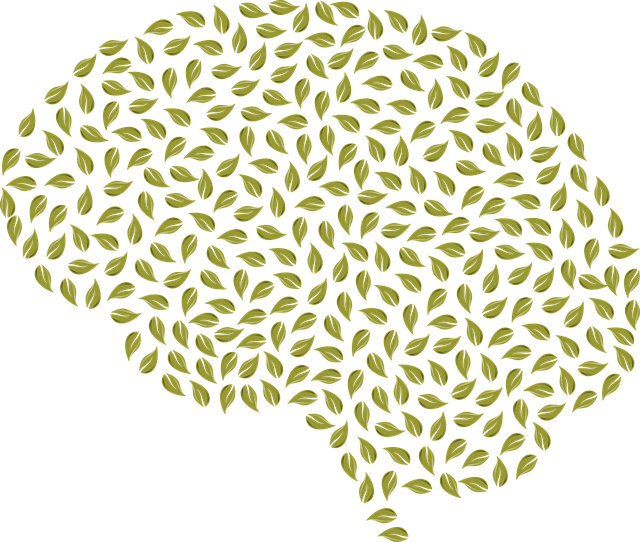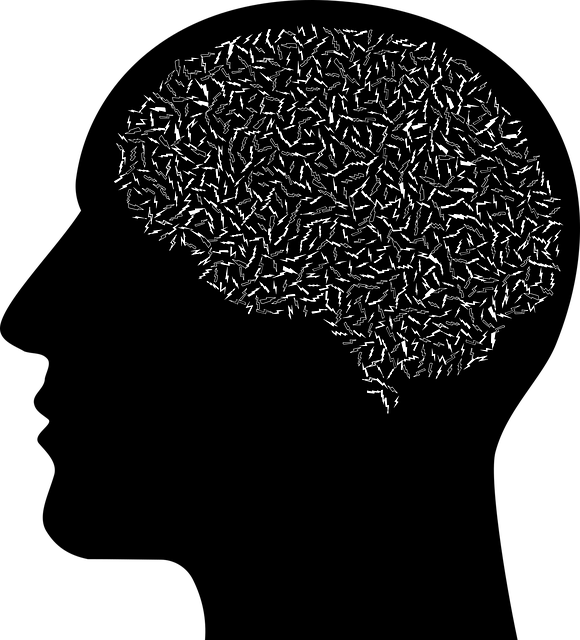Castle Rock bariatric evaluations therapy takes a comprehensive approach to mood regulation, addressing physical and psychological factors through hormonal balance assessments, nutrient deficiency testing, and gut health analysis. Integrating cognitive-behavioral therapy (CBT), mindfulness, and meditation techniques empowers individuals to challenge negative thought patterns, adopt healthier coping strategies, and build emotional resilience. Lifestyle interventions focusing on nutrition, exercise, and sleep stabilization, coupled with mental wellness journaling, contribute to long-term mood regulation and overall well-being, making Castle Rock Bariatric Evaluations Therapy a transformative tool for holistic emotional health.
Mood regulation is a vital aspect of well-being, and effective strategies can transform lives. This comprehensive guide explores various methods to stabilize and enhance your emotional state. From understanding the role of Castle Rock bariatric evaluations in mental health assessment to mastering Cognitive-Behavioral Therapy (CBT) techniques, we cover it all. Discover how lifestyle interventions like nutrition, exercise, and sleep can significantly impact mood, along with advanced practices such as mindfulness and meditation.
- Understanding Mood Regulation: The Role of Castle Rock Bariatric Evaluations
- Cognitive-Behavioral Therapy (CBT): A Step-by-Step Guide for Effective Mood Management
- Lifestyle Interventions: Nutrition, Exercise, and Sleep for Stabilizing Mood
- Advanced Techniques: Exploring Mindfulness, Meditation, and Other Complementary Therapies
Understanding Mood Regulation: The Role of Castle Rock Bariatric Evaluations

Understanding Mood Regulation: The Role of Castle Rock Bariatric Evaluations
Mood regulation is a complex process that involves managing and stabilizing emotional states to achieve overall well-being. In the context of mental health, Castle Rock bariatric evaluations play a pivotal role in therapy by providing a comprehensive assessment of an individual’s physical and psychological state. These evaluations go beyond traditional measures, delving into factors like hormonal balance, nutrient deficiencies, and gut health, which are often interconnected with emotional well-being. By addressing underlying physiological causes, therapists can offer more targeted interventions for burnout prevention, enhancing the effectiveness of treatment.
Cultural sensitivity in mental healthcare practice is another key aspect integrated within these evaluations. Recognizing the impact of cultural beliefs and values on mood regulation allows therapists to tailor their approach, fostering a deeper connection with clients. Moreover, by promoting inner strength development, Castle Rock bariatric evaluations empower individuals to take charge of their emotional health. This holistic perspective not only supports the treatment process but also empowers individuals to navigate life’s challenges with resilience and enhanced emotional stability.
Cognitive-Behavioral Therapy (CBT): A Step-by-Step Guide for Effective Mood Management

Cognitive-Behavioral Therapy (CBT) is a highly effective approach to managing mood and emotional well-being, as backed by Castle Rock bariatric evaluations therapy experts. It involves identifying and challenging negative thought patterns and replacing them with healthier, more realistic ones. This step-by-step process begins with understanding one’s thoughts, feelings, and behaviors, helping individuals recognize triggers for negative moods. By keeping a mood journal to track thoughts, emotions, and events, people can identify recurring patterns and develop coping strategies.
The therapy then focuses on reframing negative thoughts and beliefs, teaching individuals to replace them with more balanced perspectives. This involves learning to challenge cognitive distortions, such as all-or-nothing thinking or catastrophizing. Through CBT, one enhances their mental health awareness, builds resilience against adverse situations, and reduces the impact of stress and anxiety. By combining these techniques, individuals gain valuable tools for long-term mood regulation, contributing to a significant improvement in overall mental illness stigma reduction efforts.
Lifestyle Interventions: Nutrition, Exercise, and Sleep for Stabilizing Mood

Maintaining a balanced mood is heavily influenced by our daily choices and habits. Lifestyle interventions like nutrition, exercise, and sleep play a pivotal role in stabilizing one’s emotional state. A well-rounded diet rich in essential nutrients supports brain health, with Castle Rock Bariatric Evaluations Therapy highlighting the impact of nutritional deficiencies on mental wellness. Regular physical activity not only boosts energy levels but also acts as an effective Stress Reduction Method, releasing endorphins that promote a positive outlook.
Quality sleep is another cornerstone; it allows the body to restore and regulate hormones related to mood. Incorporating resilience-building practices like Mental Wellness Journaling Exercise Guidance can further enhance these benefits. By combining mindful eating, regular movement, adequate rest, and reflective journaling, individuals can cultivate greater emotional stability and overall mental health, making them better equipped to navigate life’s challenges.
Advanced Techniques: Exploring Mindfulness, Meditation, and Other Complementary Therapies

In the realm of mood regulation strategies, advanced techniques such as mindfulness and meditation have emerged as powerful tools alongside traditional therapy methods. Castle Rock Bariatric Evaluations Therapy recognizes the importance of exploring complementary therapies to address complex emotional issues. Mindfulness practices encourage individuals to cultivate present-moment awareness, helping them disengage from negative thought patterns and reduce impulsive reactions. By focusing on the breath and observing thoughts without judgment, one can gain a deeper sense of calm and emotional balance.
Meditation, often coupled with compassion cultivation practices, further enhances these benefits. Research suggests that regular meditation practice improves emotional intelligence, enabling individuals to recognize and manage their emotions more effectively. This, in turn, contributes to better stress management, which is a key aspect targeted by Stress Management Workshops Organization. Incorporating mindfulness and meditation into one’s routine can be a game-changer, offering sustainable solutions for those seeking holistic mood regulation strategies.
In conclusion, managing mood effectively is a multifaceted approach that combines traditional therapy like Cognitive-Behavioral Therapy (CBT), lifestyle interventions focusing on nutrition, exercise, and sleep, as well as advanced techniques such as mindfulness and meditation. For those considering bariatric evaluations, Castle Rock Bariatric services can play a crucial role in understanding and regulating mood. Integrating these strategies allows for a holistic approach to mental health, empowering individuals to stabilize their moods and lead more balanced lives.









